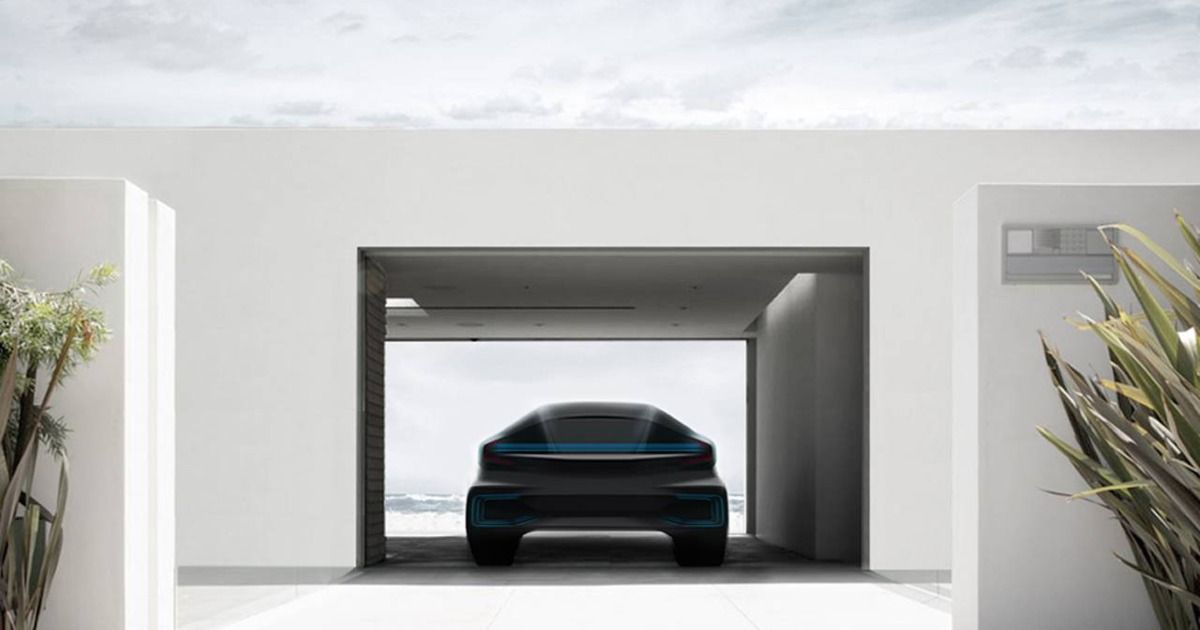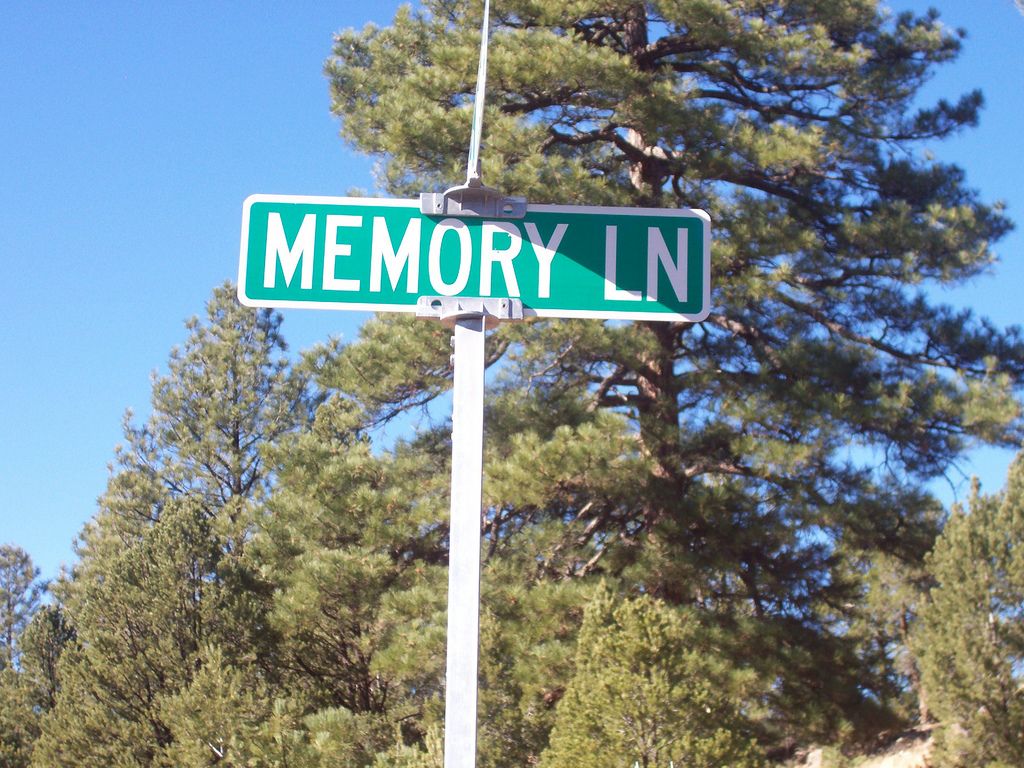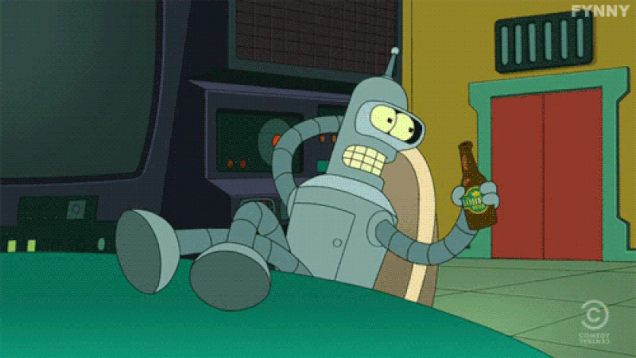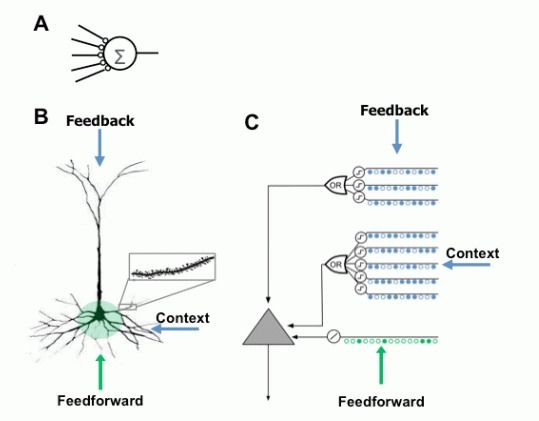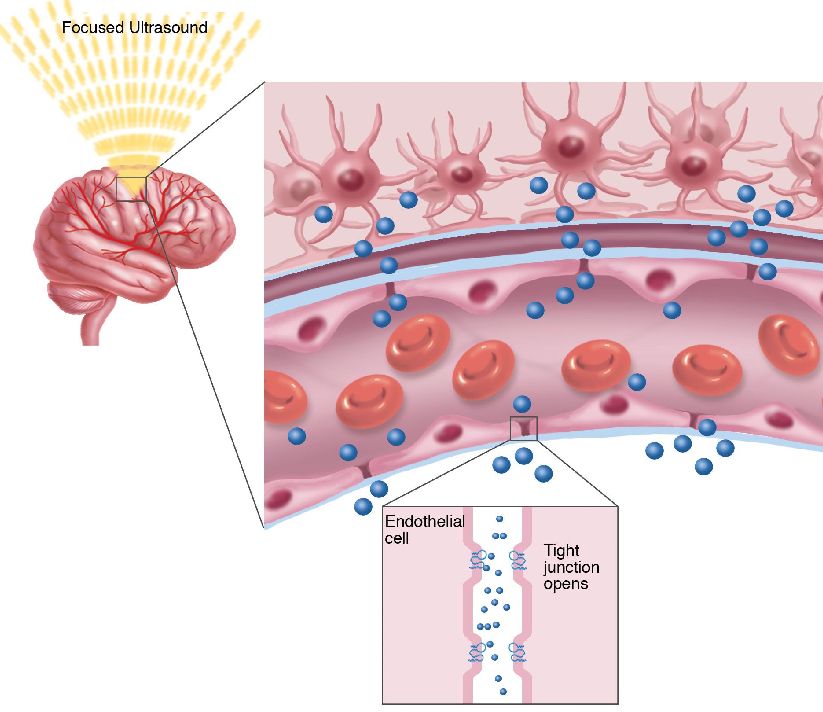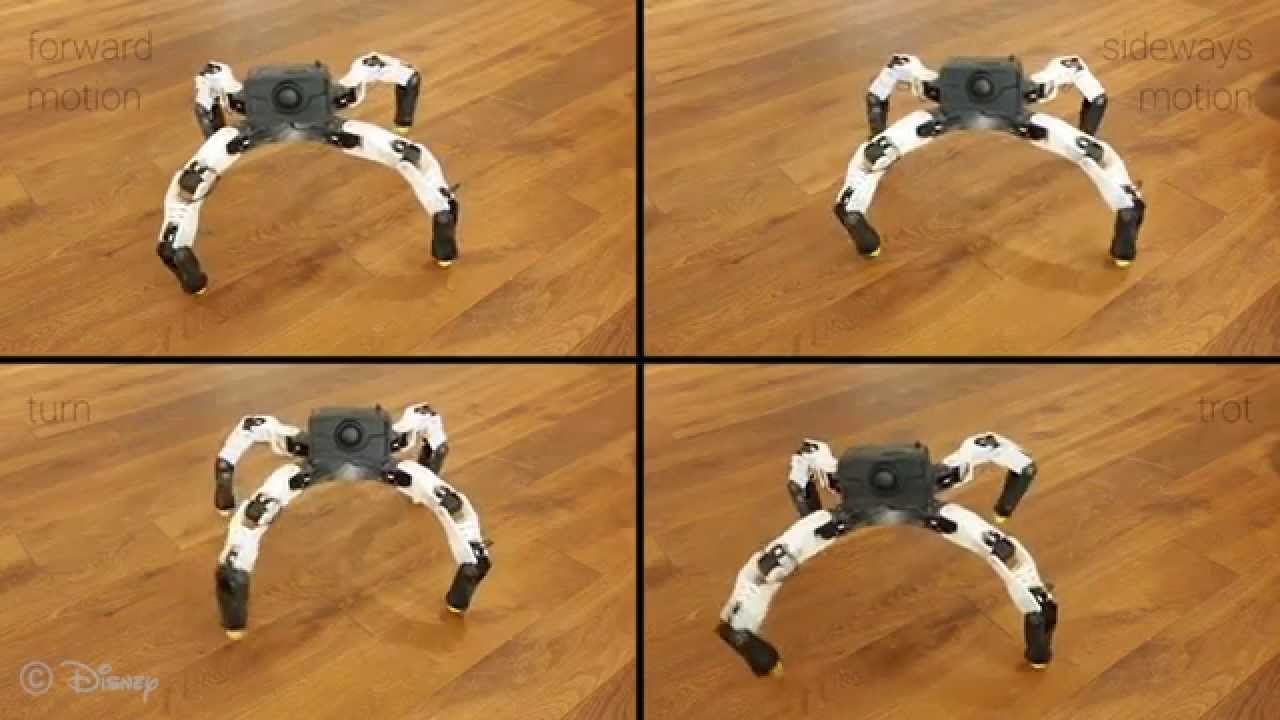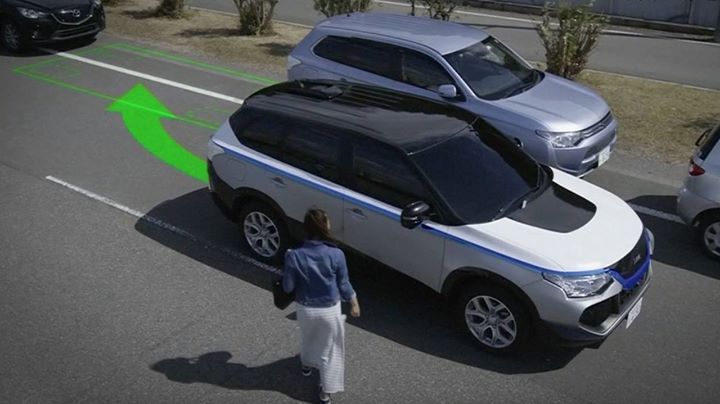![]()
Planet dwellers like us naturally look first to other moons and planets for colonization. Yet, asteroids have enough resources to build space habs for trillions, with the same living space per person as for Earth.
The idea is to use the materials from the asteroids and NEOs to make new habitats. This gives far more living space than the amount you get if you hollow asteroids out, and live inside them.
The Moon and Mars are our only choices for surface colonization in the near future. Neither is a second Earth; both have many issues at present, especially, the almost total lack of atmosphere. Technically, Mars does have an atmosphere, true, enough for winds and dust storms, but it is so thin it would count as a laboratory vacuum on Earth.
Read more

